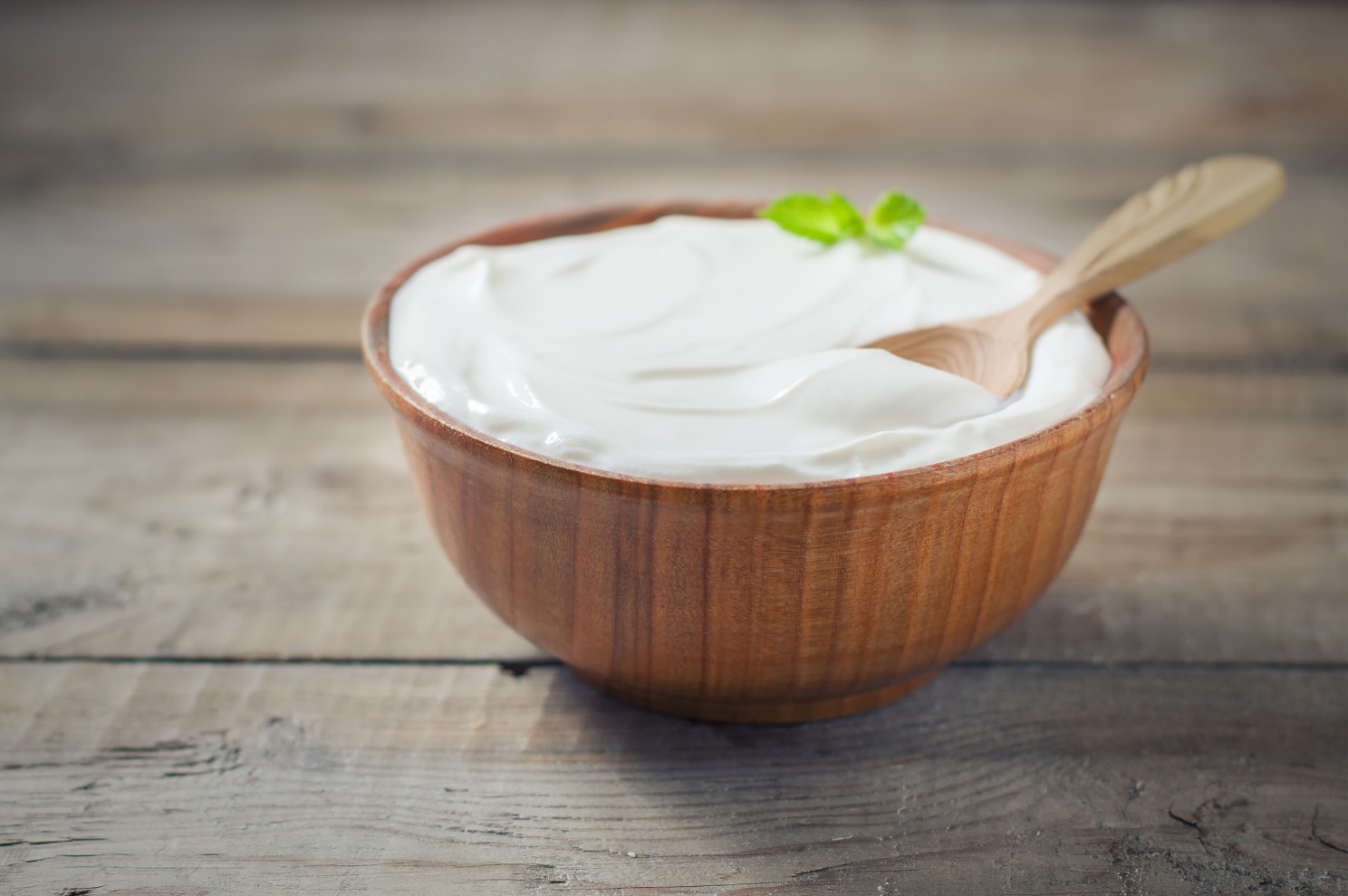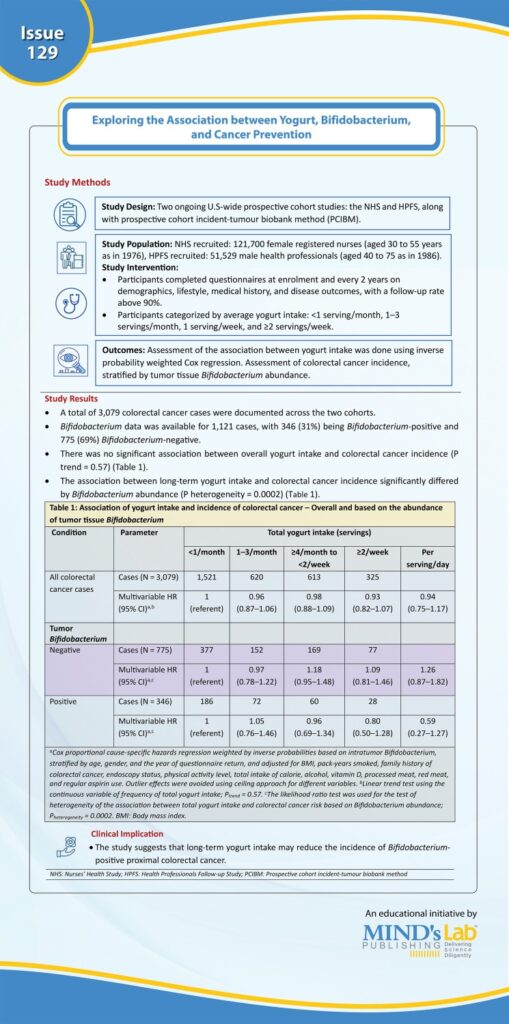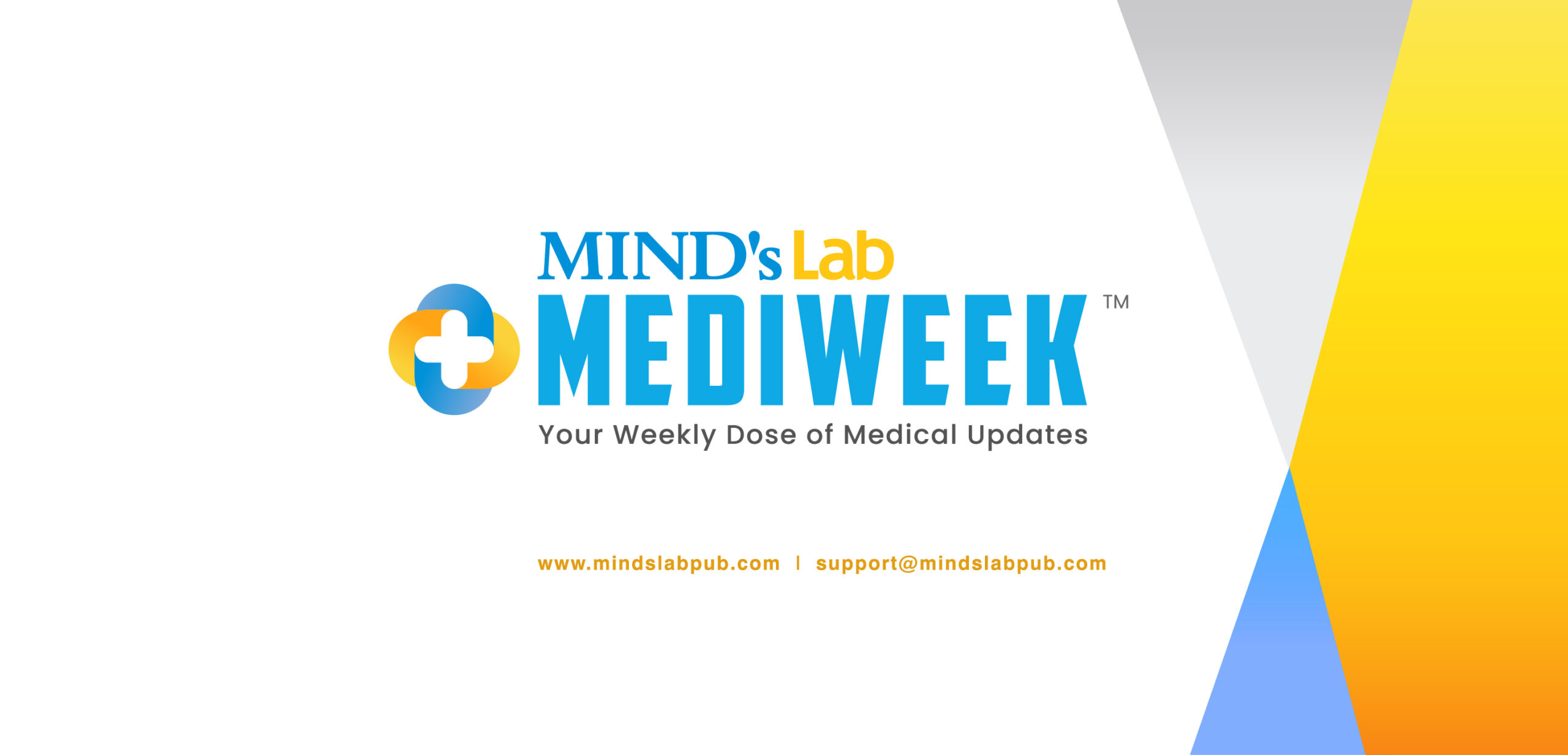
Yogurt, a fermented dairy food containing live lactic acid bacteria, is known for its health benefits. It has been shown to help prevent Clostridium difficile infection-related diarrhea, inflammatory bowel diseases, and reduce the risk of type 2 diabetes, cardiovascular disease, and all-cause mortality. A recent meta-analysis has also linked yogurt consumption with a reduced risk of colorectal cancer.
Probiotics in yogurt, like Bifidobacterium, may play a role in cancer prevention by affecting the intestinal microbiota composition and barrier function. Studies suggest that Bifidobacterium may have tumor-suppressive effects, but its role in colorectal cancer tissue is not fully understood. Some research indicates that Bifidobacterium-positive tumors are linked to signet ring cell histology and dysfunctional intestinal barriers. Given the roles of diet and intestinal microbiota in colorectal carcinogenesis, it is important to explore whether the effect of yogurt on colorectal cancer varies with the abundance of Bifidobacterium.
A study by Ugai et al., published in “Gut Microbes”, investigated the link between long-term yogurt intake and colorectal cancer incidence, focusing on tumor Bifidobacterium abundance. The study used U.S.-wide prospective cohort studies with molecular and microbial data from incident colorectal cancer cases to test this hypothesis. Among 132,056 individuals, 3,079 cancer cases were documented, with 1,121 having Bifidobacterium data. Multivariable-adjusted hazard ratios for consuming ≥2 servings/week (vs. <1 serving/month) of yogurt were 0.80 (0.50–1.28) for Bifidobacterium-positive tumors and 1.09 (0.81–1.46) for Bifidobacterium-negative tumors. These results suggest that yogurt may have an antitumor effect on specific tumor subgroups (See Graphic).

(Source: Ugai S, Liu L, Kosumi K, Kawamura H, Hamada T, Mima K, Arima K, Okadome K, Yao Q, Matsuda K, Zhong Y. Long-term yogurt intake and colorectal cancer incidence subclassified by Bifidobacterium abundance in tumor. Gut Microbes. 2025;17(1):2452237. Doi: 10.1080/19490976.2025.2452237)
